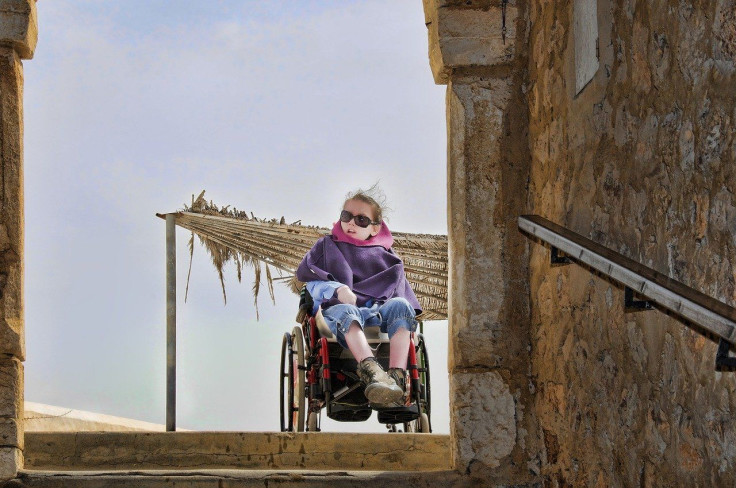Experts Say Social Distancing May Help Prevent Transmission Of Deadly Disease Affecting Kids

KEY POINTS
- Social distancing measures are vital in preventing transmission of a deadly disease in kids
- This disease is called acute flaccid myelitis, which can cause paralysis
- EV-D68 is the virus that causes acute flaccid myelitis
It seems social distancing can help thwart not just the transmission of coronavirus but also a deadly disease that affects children. The rare disease called acute flaccid myelitis (AFM) is often mistaken for polio, targets young kids, may cause paralysis, and could be potentially fatal.
Medical practitioners said since 2012, AFM outbreaks occurred in great waves across the United States every other summer. With the implementation of social distancing measures, doctors hoped the country avoids an outbreak expected for this season.
Dr. Kevin Messacar, a pediatric infectious disease physician, told Gizmodo that based on the data they examined, there is a huge possibility social distancing measures could help prevent another EV-D68 outbreak this year. EV-D68 is the virus that causes AFM.
Both polio and EV-D68 are enteroviruses. They are a family of single-stranded RNA viruses linked to several mammalian and human illnesses. According to the Centers for Disease Control and Prevention (CDC), this type of virus generally gives rise to mild, but untreatable infection, with symptoms comparable to a common cold.
In the case of polio, scientists have successfully developed a highly effective vaccine for the disease, allowing for its eradication in many parts of the world. AFM, on the other hand, remains incurable and without any vaccine.
Enteroviruses are spread via close contact with infected individuals. With social distancing measures in place, scientists are hopeful it might help diminish the number of infections. However, whether such policies can prevent the expected surge of AFM this summer may mostly depend on how Americans observe social distancing.
"This year really depends on how strictly the measures are put into place and if people comply with them," Messacar said.
The infectious disease physician also expressed apprehension about the possibility of a stronger AFM next summer in case the country escapes this year's surge. He said if children were not exposed to the disease this season, a higher number of kids without immunity will face the surge next summer.
He added the coronavirus outbreak this year forced parents to keep their kids indoors, meaning there is no exposure to other viruses like AFM.
"So you potentially could have even a larger susceptible group in upcoming seasons. And nobody really knows what would happen in that scenario."
Despite the grim scenario, Messacar believes preventing an outbreak this year may provide scientists time to study the disease. He said such studies could bring about better treatment and preventive options by the time the next outbreak occurs.
© Copyright IBTimes 2025. All rights reserved.





















